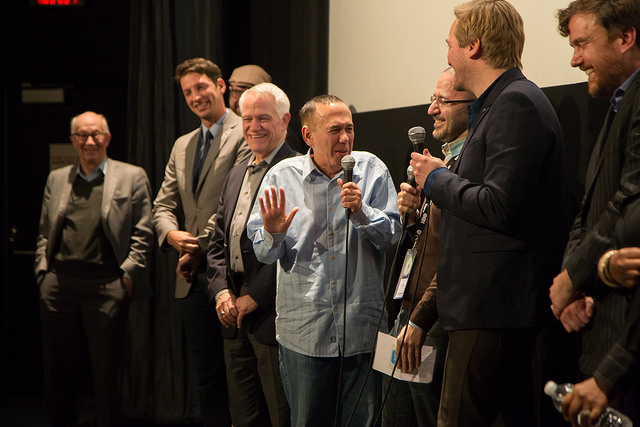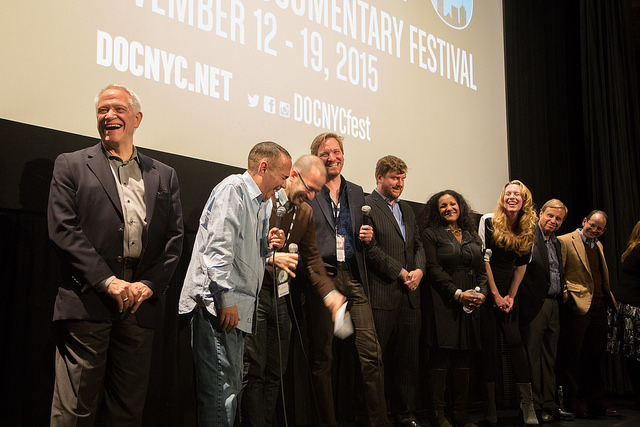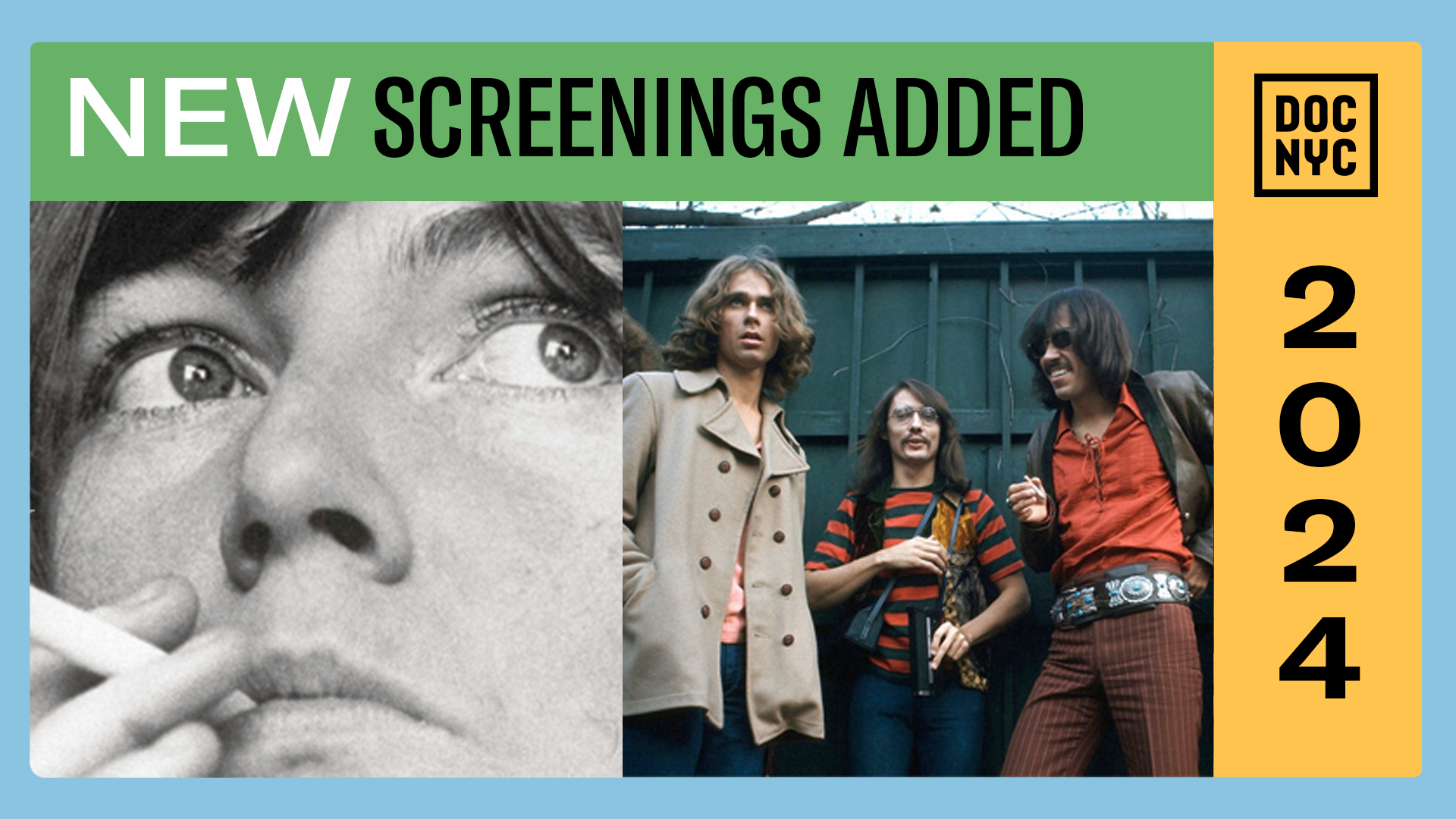Laughing it Off: Comics Ponder the Rise of the ‘Outrage Mob’ Asking big questions about comedy in Ted Balaker’s 'Can We Take a Joke?'


Written by Susan Keyloun
“It doesn’t take much to rile up the “outrage mob” these days. If you’re a comedian, there might be calls for your shows to be cancelled if someone takes offense at your joke. You might have to kiss your big, new gig good-bye. You could get fired. You could get death threats. You might even get attacked on stage. Most people just give in to the mob’s demands, but some comics are brave or stupid enough to fight back.”
This is just part of the opening narrative in Ted Balaker’s latest film Can We Take A Joke?, a comedic and often thought provoking documentary that seeks to highlight present-day topics like the seemingly ever-present threat to free speech, the effects of censorship on comedians and the public-at-large, and the rise of the “outrage mob.” It features comedians Gilbert Gottfried, Adam Carolla, Penn Jillette, Karith Foster, Jim Norton, Heather McDonald and Lisa Lampanelli, and writers Greg Lukianoff, Jonathan Rauch, and Jon Ronson, author of the new book So You’ve Been Publicly Shamed!
Recently, comedians including Jerry Seinfeld and Chris Rock have noted the disparity between comedy and political correctness, especially on certain college campuses. In Can We Take A Joke?, Jim Norton, known for raging against outrage, defines the disparity, stating, “I think people like to be offended, because there’s like a really weird sense of empowerment with being offended. I think it’s an attention-seeking device. If you think you have the right not to be offended, either change your parameters of what offends you, or just realize you’re wrong. Those are your two choices.”
The film also gives poignant tribute to Lenny Bruce, who some consider the first comedian publicly shamed for First Amendment free speech at-large. The film recounts his arrest on obscenity charges at NYC’s famed Café au Go Go in the 1960’s, a 6-month trial that included testimony from Woody Allen, Bob Dylan and James Baldwin in his support, his conviction, imprisonment, untimely death, and posthumous pardon from Governor George Pataki in 2003 (the first posthumous pardon in New York history). In revisiting Bruce’s story, the film asks if the “outrage mob” was justified in punishing Bruce for making it their business to mind his business? Or if Bruce was convicted for essentially using four-letter words after midnight at a comedy club in Greenwich Village?
In the film, Gottfried recalls George Carlin’s much-quoted mantra that it’s “the duty of the comedian to find out where the line is drawn and cross it deliberately.” Conversely, “outrage mobs” have long rallied against comedians crossing lines, particularly against those who openly describe themselves as insult comics. In watching the film, we are presented with multiple scenarios where these scenes play out, and various questions to ponder – should comedians apologize for their perceived offense? Are people just protecting social standards by preaching outrage? What are the benefits of pubic shaming vs. the cost to the individual being shamed? Should the public just stay away from material they know will offend them? Or does it all boil down to one, simple question – can we take a joke?
Susan Keyloun has been published in NY Magazine, The New York Times, and DOCNYC blogs. She has also worked with DOCNYC as featured photographer.


